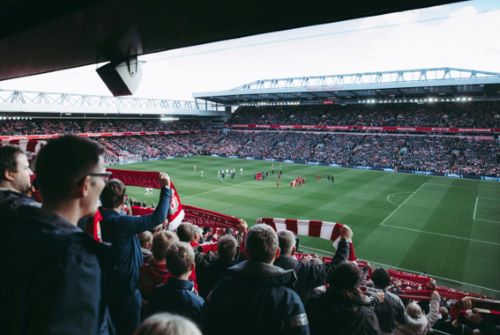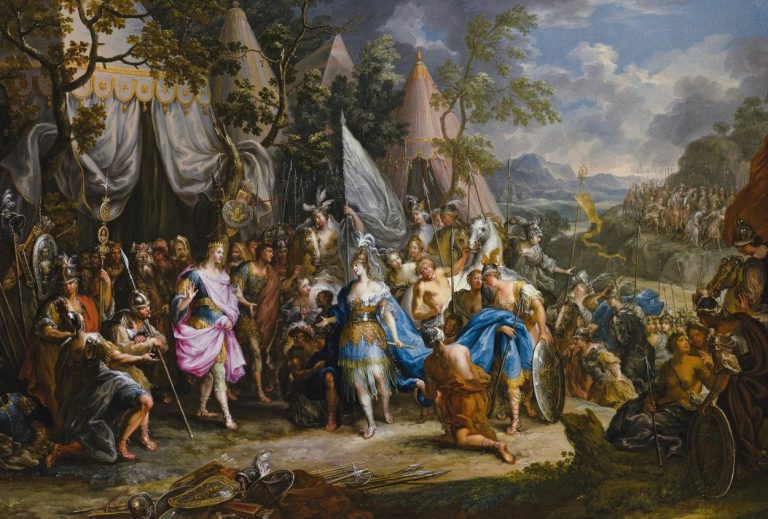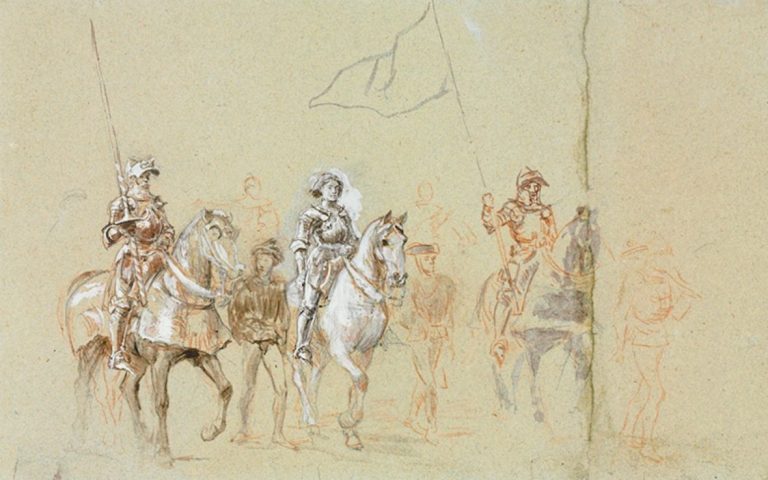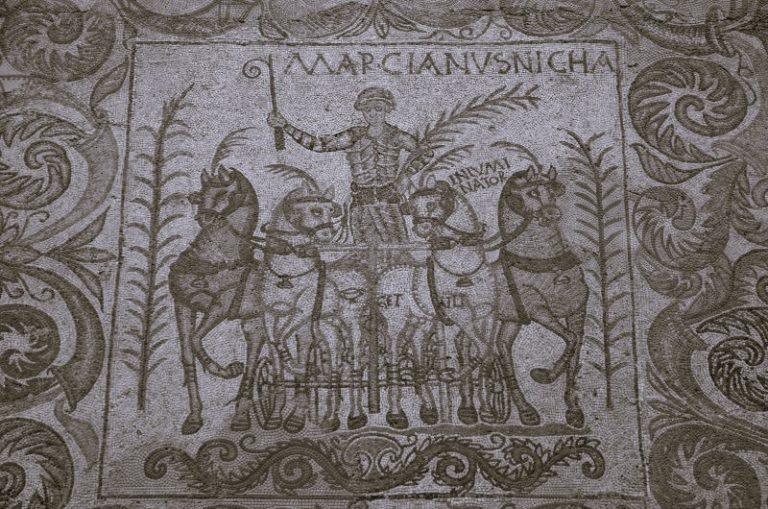

The Champions League is among the most important and prestigious tournaments for soccer fans across the globe.
For fans of Spanish club Real Madrid, the team’s recent Champions League victory is certainly not one they’ll forget anytime soon. The club tops the list of Champions League winners with 15 trophies. On the other hand, the club with the second-highest amount of European trophies, AC Milan, is at seven.
Officially called the UEFA Champions League, the annual tournament sees the top European clubs compete for the grand trophy. Thanks to years of Champions League tournaments, soccer fans are granted some of soccer’s most iconic and legendary moments. In this article, we’ll look into the origins, evolution, and key moments of the Champions League.
Origins and Early Years
French sports journalist Gabriel Hanot was inspired by the South American Championship of Champions (now Copa Libertadores) and the British Home Championship in the mid-1950s. Along with colleague Jacques Ferran, Hanot pushed for a European soccer club competition that could determine the best club on the continent.
The Union of European Football Associations (UEFA) soon organized the inaugural European Champion Clubs’ Cup in the 1995-56 season, opening the tournament to champions of European domestic leagues. Soon, the tournament became known simply as the European Cup. Perhaps an omen for later years, Real Madrid dominated the early years, winning the first five European Cups between 1956 and 1960.
From European Cup to Champions League
Throughout the 1960s and 1970s, dominant European teams like Benfica, AC Milan, Inter Milan, and Ajax rose to prominence. Meanwhile, soccer grew in popularity, making major tournaments a lucrative opportunity for clubs and sports broadcasters. In 1992, UEFA decided to rebrand the European Cup as the UEFA Champions League to modernize and expand the tournament’s reach. A new format followed this rebrand, introducing a group stage that allowed more teams to participate.
The new group stage format allowed teams that didn’t win their domestic leagues a chance to compete, broadening the tournament’s appeal. Shortly, the Champions League attracted more viewers and sponsors, becoming a global phenomenon.
The Golden Era
In the early 2000s, Real Madrid and Barcelona dominated the competition. Real Madrid won three Champions League titles between 1998 and 2002. Barcelona later won the Champions League in 2006, 2009, and 2011, boasting a roster of soccer legends like Ronaldinho, Lionel Messi, Xavi, and Andrés Iniesta.
Later, in the mid-2000s, English clubs rose to prominence and began dominating the Champions League. Chelsea won their first Champions League title in 2012, defeating Bayern Munich on penalties in the final. Other English teams like Manchester United and Liverpool became successful during this period, consistently reaching finals against other European titans.
The Modern Era
Real Madrid, managed by French legend Zinedine Zidane, made history during this time by winning three consecutive Champions Leagues from 2016 to 2018. These victories cemented Real Madrid’s legacy in European club soccer, making them the most successful club in the Champions League’s history with 13 titles at the time.
Meanwhile, there was an era-defining rivalry brewing between players Lionel Messi and Cristiano Ronaldo. The rivalry caught the attention of fans worldwide, both through domestic matches in La Liga and on the European stage. Messi’s run with Barcelona and Ronaldo’s stints across Manchester United, Real Madrid, and Juventus made them the top scorers in the history of the Champions League.
The Impact of the Champions League
Today, the Champions League has become a global sports and cultural phenomenon, attracting millions of viewers from around the world. Prior to the 2024 Champions League, UEFA projected a record-breaking viewership of half a billion people. In a statement, the European soccer governing body noted that the final match would be aired in more than 200 territories, potentially reaching 450 million soccer fans across all media platforms. In fact, this year’s Champions League final between Real Madrid and Borussia Dortmund showed a 100,000 increase in viewership over the previous year, ranking it the highest in Champions League final viewer counts through the years.
Aside from helping shape the careers of some of the most decorated soccer legends and stars in history, the Champions League has also become a congregation of diehard soccer lovers and fans around the world. According to data from Grand View Research, the Europe sports betting market was estimated at $33.75 billion in 2023, a combined value between sports and the trending esports segment.
Today, millions of soccer fans across the world participate in Champions League betting as part of the viewing experience. Aside from putting their team support and knowledge to the test, sports betting has become a big part of globally-recognized soccer tournaments. And the developments in sports betting over recent years have been incredible. Most recently, cryptocurrency has made a considerable impact. Similar to the high-profile crypto sponsors, crypto betting has made a big impression on the industry. Thunderpick, an online betting platform, offers various betting lines and odds for fans to take part in by accepting a plethora of coins, such as Bitcoin. Most betting platforms also offer real-time analysis and blogs for deeper insights, allowing fans to make informed decisions, taking the betting aspect of the sport to a whole new level.
The Future of the Champions League
Following the end of the recent Champions League and fast-approaching the tournament’s 70th anniversary, UEFA recently announced new plans and another format change for future Champions League seasons.
This includes increasing the number of teams and matches in the group stage to help expand the competition and maintain the tournament’s appeal. The winners of the qualification stage will advance to the new 36-team Champions League, where all the teams will play eight games instead of six, and get ranked by their final standings in the group stage.
Meanwhile, trends and emerging technologies like the use of a video assistant referee (VAR) and other broadcasting developments will continue to impact and transform the tournament and how fans view and engage with it. As soccer continues to remain the most popular sport in the world, the Champions League is also likely to continue growing a diverse and global audience.
Conclusion
Today, the UEFA Champions League remains one of the biggest and most important European soccer tournaments. Through consistent changes in format and structure to welcome new audiences and teams, the Champions League has also played a significant role in shaping history-making soccer moments for players and fans alike. While there’s no telling what the Champions League’s future holds, the years and decades of drama, victories, heartbreaking losses, and broken records will continue to solidify its place in European soccer history.


